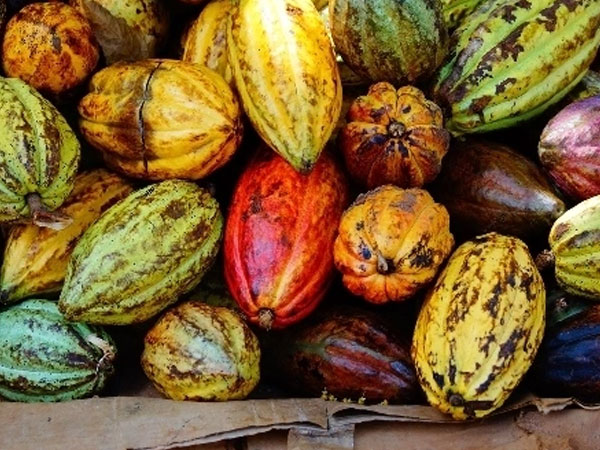
Colds
The theobromine in dark chocolate helps the body fight off cold symptoms. According to a study reported at the winter conference of the British Thoracic Society, theobromine has the effect of blocking the activity of sensory nerves in cold patients and reducing the cough reflex. Scientists have even found that theobromine is more effective in treating chronic cough than Codeine in the drug.
In addition, chocolate also increases the body's immunity, by changing the function of T lymphocytes, transforming the process of antibody synthesis.
Forgetfulness
The abundant source of flavanols in chocolate helps improve blood flow to the brain, enhancing cognitive function in the elderly. A study published in the journal Neurology had 60 elderly people (average age 73) drink 2 cups of hot cocoa every day for a month. The results showed that no one showed signs of dementia. 18 people who previously had low cerebral blood flow have now increased by about 8%.
Diabetes
Many people do not believe that sweet chocolate helps prevent diabetes, but a study in Italy showed that, 10 people who ate dark chocolate increased the speed of blood sugar metabolism, preventing diabetes.
Flavonoids in dark chocolate not only help lower blood pressure, reduce cholesterol, but also improve the body's blood sugar concentration. The more pure cocoa chocolate, the faster the blood sugar metabolism process.
Cardiovascular:

According to research published in the journal Heart (2015), consuming about 100g of chocolate per day helps reduce the risk of cardiovascular disease and stroke. Along with flavonoids, calcium compounds and fatty acids in chocolate help reduce the risk of cardiovascular disease, preventing the formation of blood clots.
Research by the University of Aberdeeb (Scotland) also shows that chocolate lovers have a lower risk of developing and dying from cardiovascular disease. People who eat a lot of chocolate are always younger and more radiant because they have a healthy heart.
Breast cancer
The compound pentamer in cocoa has been shown to have the ability to prevent the metastasis of cancer cells in the body. Scientists at Georgetown University used the anti-cancer properties of pentamer in chocolate to conduct experiments on breast cancer cell cultures.
The results published in the Journal of Molecular Cancer Therapeutics showed that breast cancer cells stopped dividing when they were treated with pentamer. This substance inactivates proteins that control the metastasis of cancer cells. After studying breast cancer cells grown in the laboratory, scientists will now examine the effectiveness of pentamer on other cancer cells in the human body.























